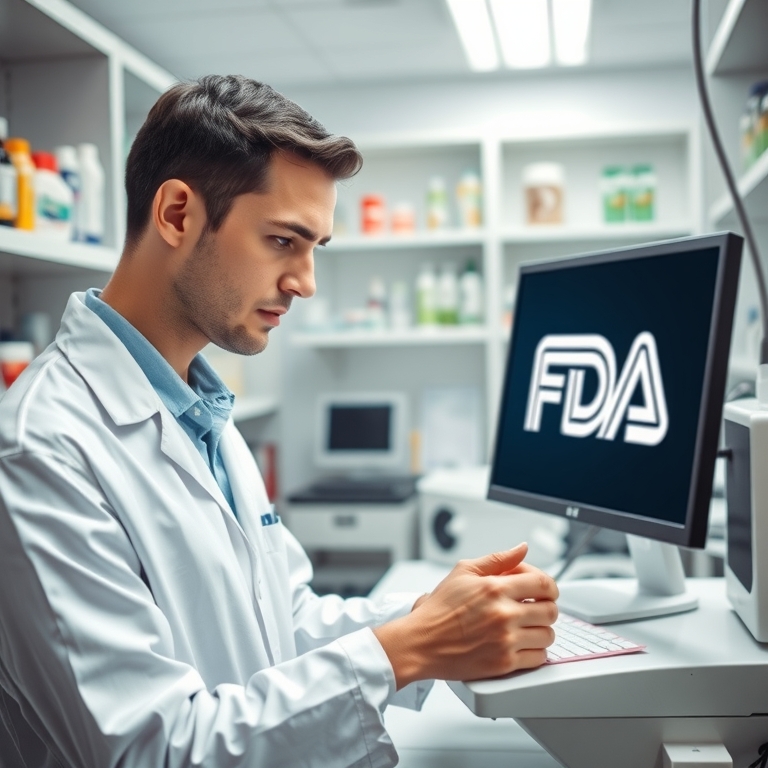In a recent move that has sent ripples through the personal care industry, the United States Food and Drug Administration (FDA) has initiated a recall of several popular deodorant brands due to concerns over contamination. This development has sparked widespread attention and raised questions regarding product safety, regulatory oversight, and the implications for consumer trust in everyday personal care items.
The recall, prompted by the discovery of potentially harmful substances in certain deodorant products, underscores the critical role that regulatory agencies like the FDA play in safeguarding public health. The affected products, which have been staples in the personal hygiene routines of millions, were found to contain trace amounts of benzene, a chemical compound that, although ubiquitous in the environment, is classified as a carcinogen when exposure occurs at high levels.
The revelation came after routine testing and quality checks, which are standard procedures aimed at ensuring product safety and compliance with health regulations. According to the FDA, the levels of benzene detected, while not considered immediately hazardous, exceeded the agency’s recommended exposure limits, prompting a precautionary recall. This decision reflects the FDA’s commitment to the principle of “better safe than sorry,” prioritizing consumer health above all else.
For the companies involved, the recall represents a significant challenge, both in terms of immediate logistics and longer-term brand reputation. These brands, which have built their identities around trust and reliability, now face the arduous task of regaining consumer confidence. In the short term, the recall will likely result in substantial financial implications, including costs related to the withdrawal of products from retail shelves, potential legal liabilities, and the need for comprehensive damage control strategies.
The deodorant market, a highly competitive sector within the broader personal care industry, is particularly sensitive to issues of safety and efficacy. Consumers expect the products they use on their bodies daily to be not only effective but also safe. The discovery of a contaminant like benzene undermines this expectation and poses a formidable public relations challenge. Brands will need to undertake extensive efforts to communicate transparently with the public, detailing the steps they are taking to rectify the situation and prevent future occurrences.
The recall also highlights the intricate supply chain dynamics of the personal care industry. From sourcing raw materials to manufacturing processes and distribution channels, each step is subject to rigorous quality control measures. However, as this incident illustrates, even robust systems can occasionally falter. This serves as a crucial reminder for companies to continually assess and strengthen their quality assurance protocols, ensuring that they are equipped to detect and address potential issues before they escalate.
Moreover, this situation presents an opportunity for the industry to engage in constructive dialogue about the future of product safety. It raises important questions about the standards and practices currently in place, urging stakeholders to consider whether existing regulations are sufficient to address emerging risks. The recall may act as a catalyst for enhanced collaboration between regulatory bodies and the private sector, fostering innovations in testing methodologies and safety standards.
For consumers, the recall serves as a stark reminder of the importance of staying informed about the products they use. While regulatory agencies perform vital oversight functions, consumers also play a crucial role by remaining vigilant and proactive in seeking information about product safety. The incident underscores the value of consumer advocacy and the impact that informed consumers can have in shaping industry practices.
In the wider context of consumer goods, the recall reflects the growing scrutiny that personal care and cosmetic products are under. As consumers become increasingly aware of the potential health and environmental impacts of the products they use, the demand for transparency and accountability from manufacturers is intensifying. This trend is likely to continue, influencing the development of more stringent regulatory frameworks and encouraging companies to adopt more sustainable and transparent practices.
The FDA’s recall of popular deodorant brands over contamination concerns is a significant development with far-reaching implications. It highlights the delicate balance between innovation and safety in the personal care industry and underscores the ongoing need for vigilance and transparency. As the affected companies work to address this challenge, the incident serves as a reminder of the critical importance of maintaining consumer trust and the foundational role that safety plays in the success of any consumer product.
Ultimately, the resolution of this situation will depend on the collaborative efforts of regulators, manufacturers, and consumers. By working together to ensure the highest standards of safety and quality, the industry can emerge stronger and more resilient, reinforcing its commitment to the health and well-being of consumers worldwide. As the story unfolds, stakeholders will be watching closely, drawing lessons that will shape the future of personal care products and the regulatory landscape that governs them.

Leave a Reply